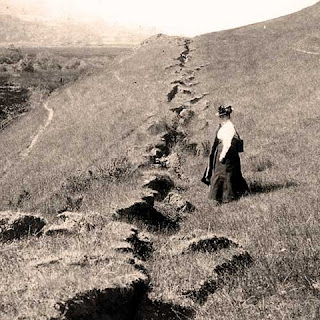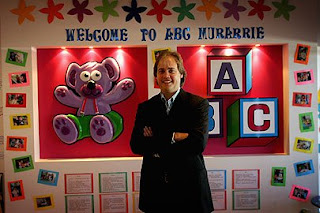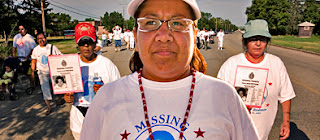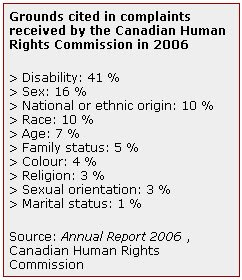 Canadian women have a history that needs to be acknowledged and celebrated, but don't crack the champagne quite yet.
Canadian women have a history that needs to be acknowledged and celebrated, but don't crack the champagne quite yet.
"This is not a simple or short discussion," said Paulette Senior, chief executive officer of YWCA Canada and a keynote speaker at yesterday's Person's Day Breakfast in Kitchener.
The
7th annual event was held at the Transylvania Club by Zonta Club of Kitchener-Waterloo in recognition of the five Canadian women who challenged the legal definition of "person" under the British North America Act.
Senior applauded the bravery of the Famous Five, who had faced criticism and endless name-calling but would not be dissuaded.
Jamaican-born, Senior came to Canada at age 11, establishing herself as a social and community activist while in university. She holds an honours bachelor's degree in psychology and urban studies from York University and has a particular interest in the plight of immigrant women.
Senior noted there is an unsettling dichotomy in Canada where immigrants, regardless of skill level and education, have trouble find work.
"If we're not willing to employ them, why do we implore them to come?" she asked. "For women caught in this scenario, they're often working in menial jobs. We must make it easier for them to access meaningful employment equal to their skills."
It's difficult on offspring of immigrant parents, as well.
Senior recalls with clarity leaving behind, as a child, the comfort and security of all that she had known, whereas in Canada she was faced with racism and an education system too quick to slot her into a category.
"I had a bittersweet experience growing up in Toronto," she said. "Despite my high academic standing back home, I struggled (here). I was introduced to special education and by the time I finished high school, my self-esteem was shot."
She believes that, given these ego-deflating challenges, it's only by luck and determination that immigrants and their children succeed at all.
"(Immigrants) are not coming because they're poor and they want to get rich," she said. "I don't think that's it; it's about their families."
On the subject of politics, Senior said women must band together, offer each other support and stand for election, though it's a tough road and women need to develop a thick skin.
"I've had a couple of opportunities to run myself and there's nothing like it," she said, adding with a laugh "but it's almost as if you need to lose your mind for awhile."
When an audience member asked Senior about the funding changes to Status of Women Canada last fall, she responded by assuring everyone the YWCA will work harder to keep women's issues in the forefront -- though she cited a number of federally supported women's organizations that have either shut down or will run out of money soon.
Audience member Olga George-Cosh, of Focus on Ethnic Women in Waterloo, said that within her organization there are dozens of women helping other immigrant women, but they do so behind the scenes and without recognition.
"It doesn't just happen. . . . We have been busy," said George-Cosh. "But we have a long way to go."
Senior added, "Justice is not about just us, it's about standing up for all our sisters," she said, noting the system is the problem.
"It's our responsibility to support women," she concluded.























 Industry worried as Aussie 'Fast Eddy' looking to expand his $2.2 billion empire
Industry worried as Aussie 'Fast Eddy' looking to expand his $2.2 billion empire 
 Busting stereotypes
Busting stereotypes









